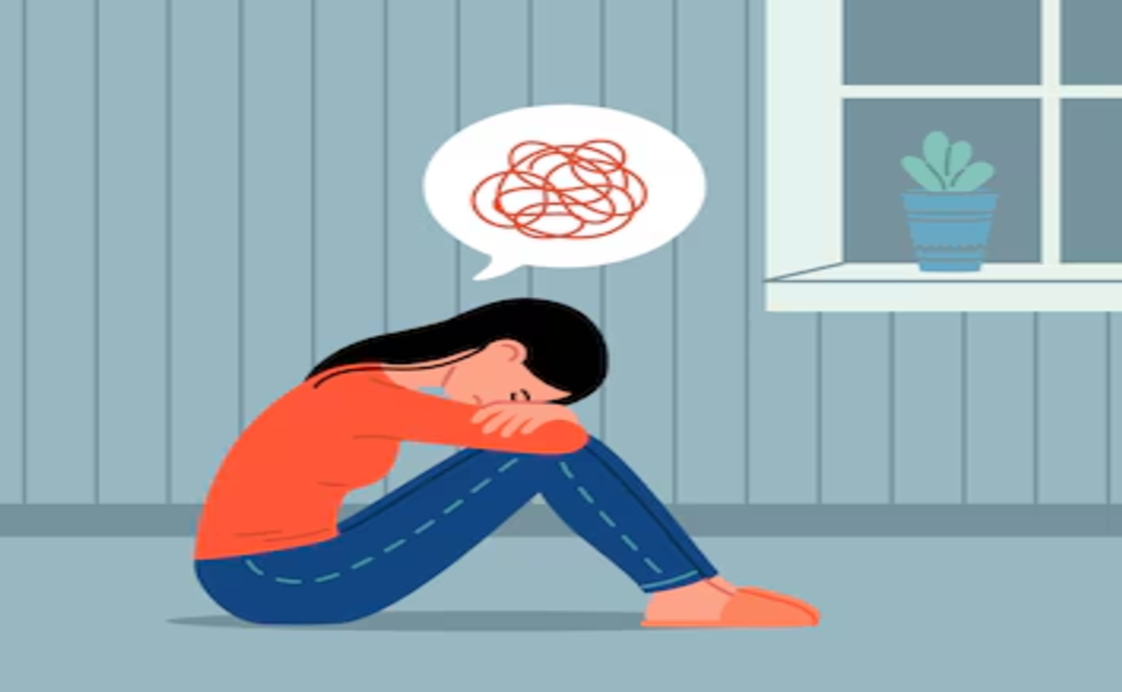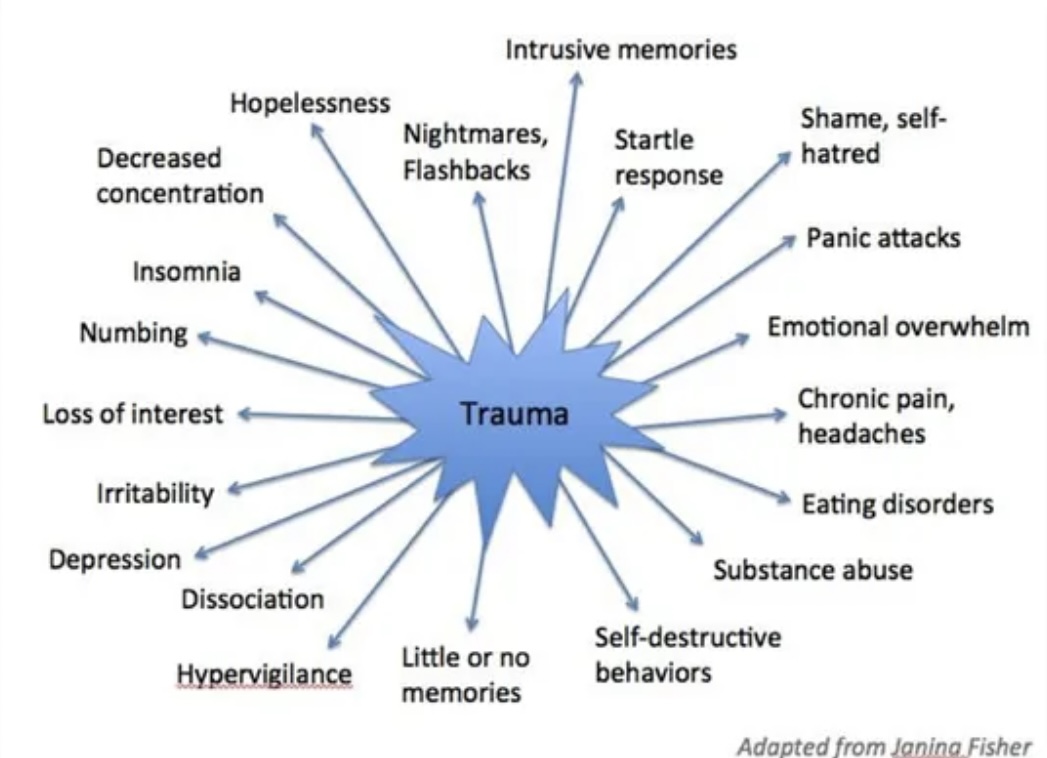By Polina Pallieraki,
Psychological trauma is a deep wound in the psyche, which is caused by intense and stressful situations that threaten the person’s sense of security and stability. A psychological trauma can result from various experiences, such as physical or psychological abuse, the loss of a loved one, an accident etc.. These events leave an indelible mark on the psyche, creating a “crack” in the person’s psychological state. Through memory suppression, the person tries to survive and maintain daily functioning, but the trauma remains, waiting to be reexamined and healed.
Whether an event is perceived as intensely stressful and shocking enough to cause trauma, depends entirely on the individual. It is shaped by how they experience the event, their personality, mental state, and previous life experiences. After such an event, people instinctively adopt coping mechanisms to preserve their mental stability.
Often, people suppress the memory of the event that caused the trauma, but it can resurface at any moment if something triggers it, reminding them the original event. When they encounter situations that resemble or symbolize elements of that memory, they experience inner discomfort, strong feelings of anxiety, and tend to be considered as overreacting. These reactions sometimes catch them off guard as well.
Because they suffer from partial amnesia in their effort to avoid the pain of the trauma, they remain unaware of the event. Thus, when it reappears in their consciousness, they don’t fully understand what’s happening to them, as the memory is still, in a way, suppressed.

Trauma has a significant effect on how the brain develops, particularly influencing key brain circuits that shape our responses. It affects how we disconnect emotionally, how we regulate our emotions, how we manage stress and engage with others. It also impacts our levels of self-awareness, insight, and compassion. These functions, controlled by the frontal cortex, are impaired by trauma. This is because we now understand that the brain is constantly interacting with and adapting to its environment, making it vulnerable to external stressors.
When someone continually fails to acknowledge their trauma, the trauma becomes deeply ingrained. Over time, this neglect can transform it into a serious disorder. Trauma can arise not only in childhood but also later in life, at any moment.
As an ancient Greek tragedian once said, the gods created man to suffer until he finds the truth. What is this truth? It is the understanding that we must learn from our pain without perpetuating it or causing others to suffer alongside us. Trauma, at its core, represents a disconnection from the Self. And this is why we should try to understand it, to treat it, but never let it define our whole existence.
In summary, psychological traumas are more than just the painful events we’ve gone through; they are the internal changes those events create. Although confronting the depth of our pain may seem challenging, the healing process starts when we recognize that trauma does not define who we are. With proper support, we can heal and work towards personal growth and happiness. Understanding and addressing trauma is not only essential for recovery but also a journey toward gaining a deeper understanding of ourselves.
References
- Ψυχικό Τραύμα: H Σοφία του τραύματος. MaxMag. Available here
- Cine-δρία: «Η σοφία του τραύματος», η ταινία του Gabor Maté που θεραπεύει μέσα από το τραύμα. Psychology Now. Available here
- ΤΙ ΠΡΑΓΜΑΤΙΚΑ ΣΗΜΑΙΝΕΙ «ΨΥΧΙΚΟ ΤΡΑΥΜΑ». Ow. Available here




